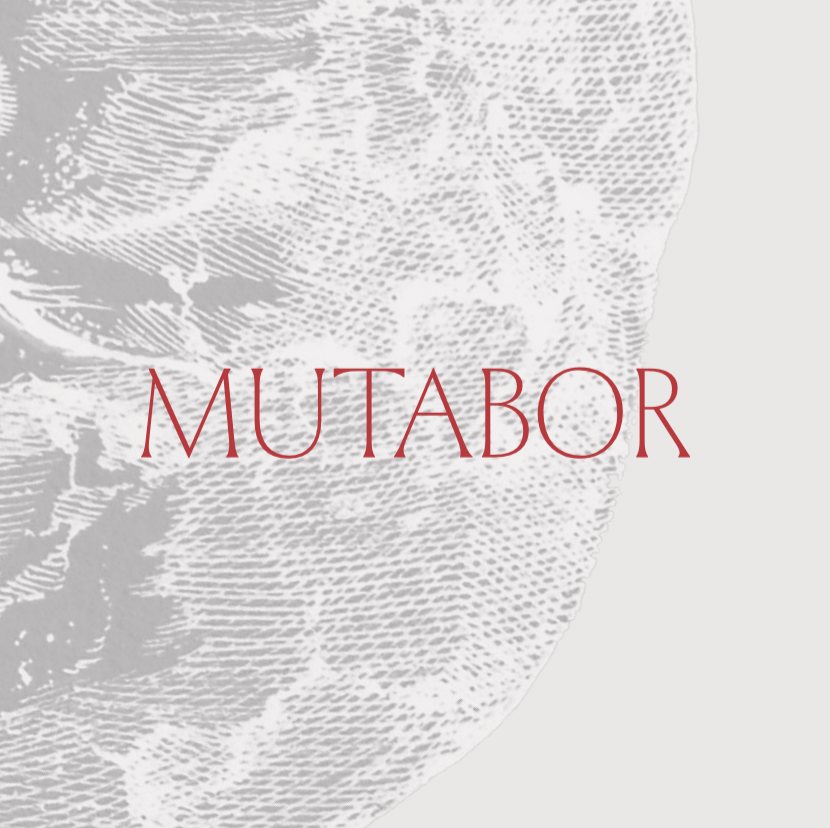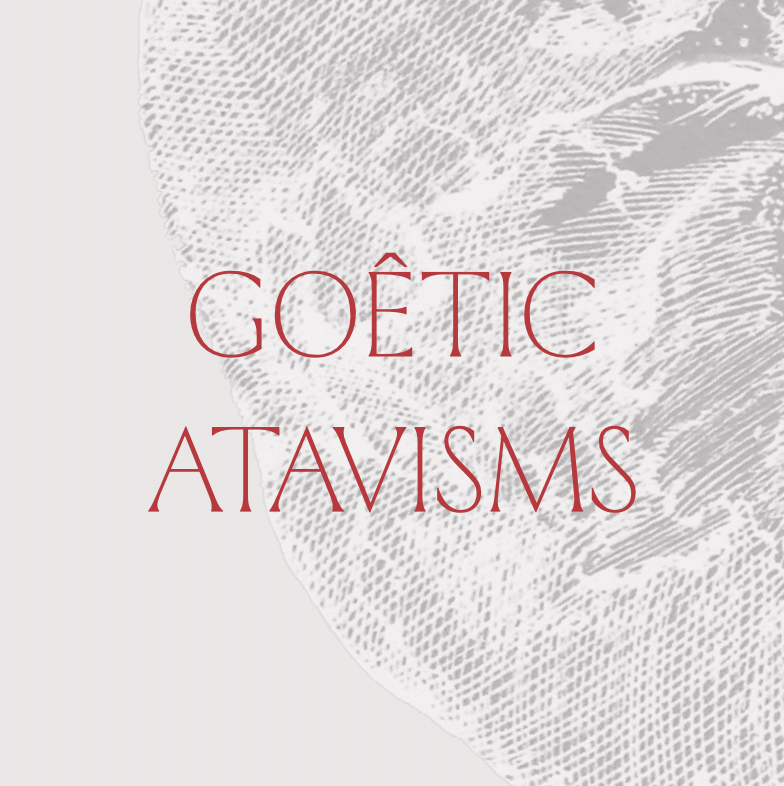
Book Reviews
‘Mutabor’ by Frater Acher
Frater Acher leads us through a series of exercises to allow us to realise that “human flesh” is far broader than we might at first think, and that in fact, the medium of magic is “spirit contact”. Then he makes the extremely valid point that while a human may be performing a ritual for a particular purpose “the eyes of the Others, however, are not fixated on the ostensible human message but on the establishment of a new channel in the ubiquitous medium.”
‘Goêtic Atavisms’ by Frater Acher and Craig ‘VI’ Slee
This book requires multiple readings to understand how deftly the various sections gel together, despite their differences, or because of them. “What you did as a child that made the hours pass like minutes? Therein lies the key to your earthly pursuits” (C.G. Jung). This is one such puzzle of a book with which you could have hours of pleasure.
‘Holy Heretics’ by Frater Acher
Frater Acher writes with very deliberate care for the reader. In a sense, this is a book about character, in terms of the symbols we use (and which also use us) to contour our perception and experience. It is also a study in contrasts, in order to explore what the author calls “the rainbow path” – which requires seeing through and behind caricatures. Whether those caricatures are those of the fanatical Christian extremist, the dissolute pagan, or the saintly hesychast, all are examined here with remarkable even-handedness.
‘Rosicrucian Magic’ by Frater Acher
Rosicrucian Magic raises the question of what kind of balance must be struck in both the practice and the study of esotericism in general. Acher’s answer is in a phenomenological understanding of the Rosicrucian experience, of the initiatic moment, with all its intentionality, temporality, and intersubjectivity, we might well find a sympathetic understanding – the internal connections the modern initiate is attempting to achieve.
‘Clavis Goêtica’ by Frater Acher & José Gabriel Alegría Sabogal
Frater Acher and José Gabriel Alegría Sabogal present us with […] a guide and a glossary diffracted through the prism of personal ritual practice, historical research, and painstakingly intimate relationships with spirits.
‘Black Abbot · White Magic’ by Frater Acher
[…] In addition to the bibliophilia edging into bibliomania, Trithemius’s other interests included cryptography, talking to angels, rummaging through grimoires, reforming the church and education, and social climbing. Like many of the Humanists and magi before and after him, he “desired to know all that could be known.”







